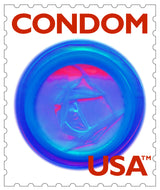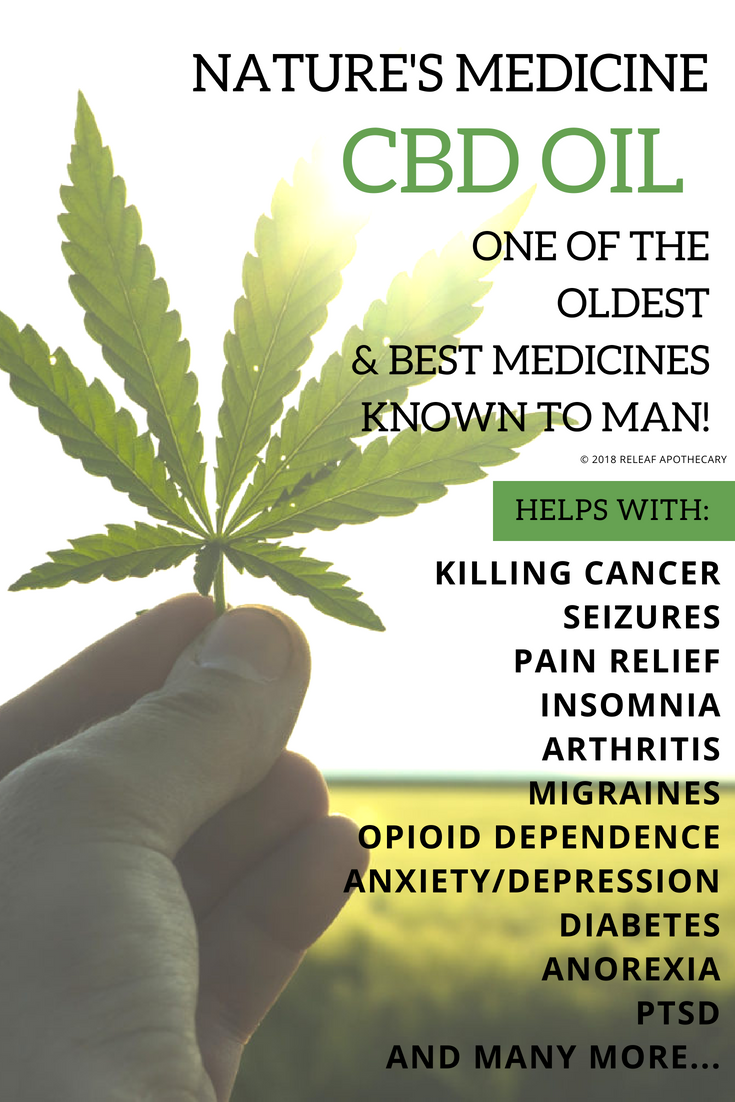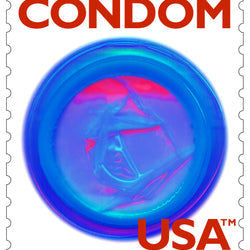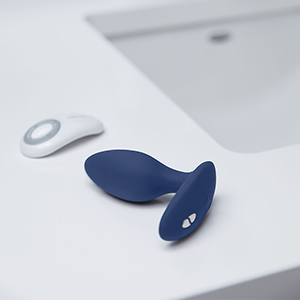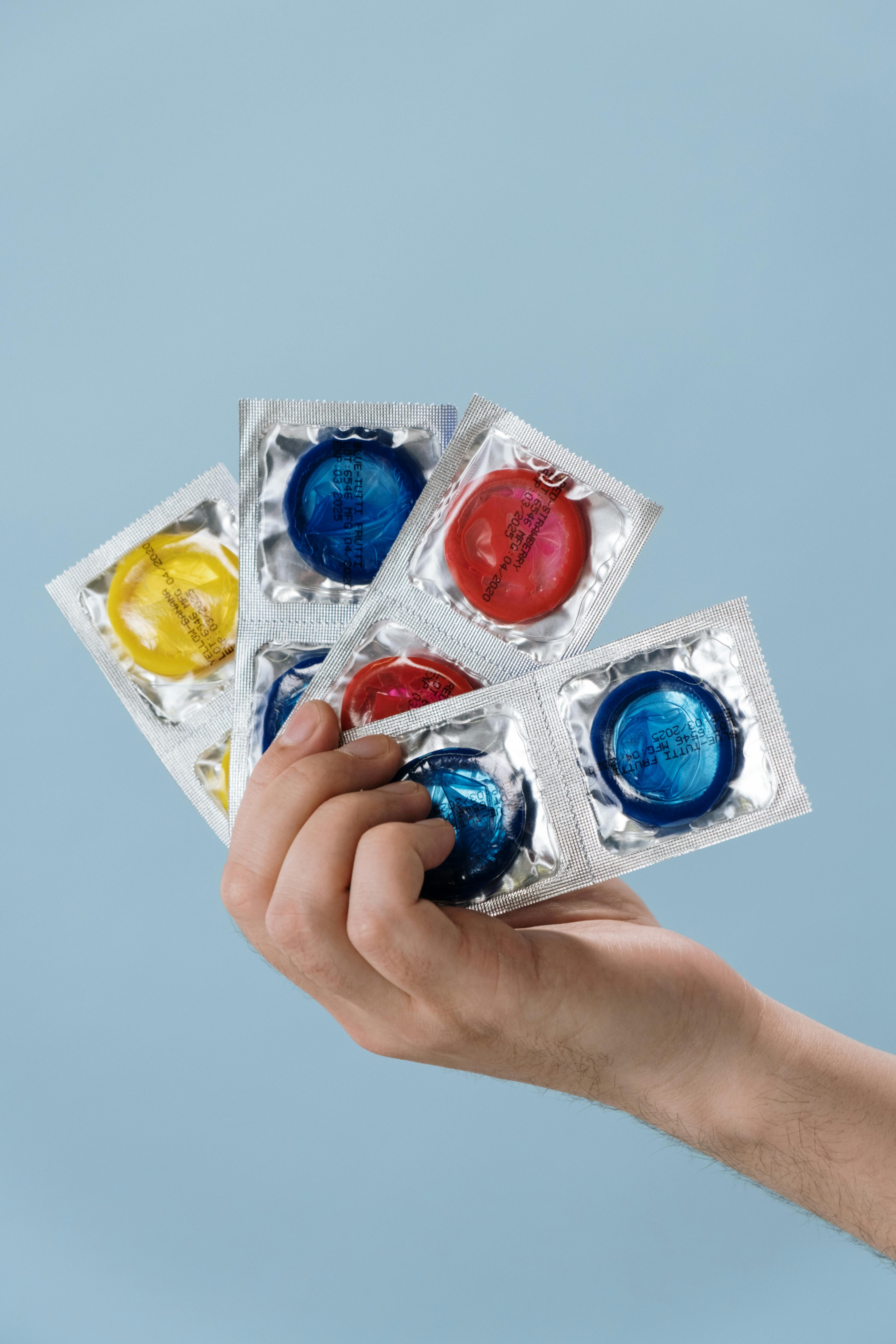Hi Alice!
I recently heard about CBD oil - that it can be effective for chronic pain and anxiety, both of which I've struggled with (and seen many specialists about) for years. But when I went looking for more information, I couldn't find many resources that looked like they came from legitimate, trustworthy sources. Can you shed some light on the subject?
Dear Reader,
You're certainly not alone in your interest in cannabidiol, often called CBD — it has become quite the trend in recent years! You can find CBD as an oil, a liquid for vaping (i.e., for use in vaporizers to inhale), in salves, in lotions, and in some food and beverages. CBD is a substance found along with delta-9-tetrahydrocannabinol (THC) in the cannabis plant, but unlike its well-known counterpart, CBD doesn’t have mind-altering effects. In other words, CBD won’t get you stoned like THC will. In the past, little was known about the benefits or side effects of CBD, due to strict regulatory restrictions, but as the regulations on cannabis lessen slightly, research on the subject has increased.
So far, preliminary research has found that CBD could have some promising psychological and physiological benefits, along with a few risks. Some evidence suggests that CBD can lessen anxiety and pain, and researchers are looking into whether CBD could be used to treat multiple sclerosis (MS), Parkinson's disease, and other conditions. The Food and Drug Administration (FDA) has approved it in the treatment of two types of epilepsy. Some risks have also been found: CBD can interact with some medications, such as blood thinners, and it can potentially cause drowsiness and diarrhea. All this being said, it's wise to note that the research on CBD is still pretty new. More research is needed to better understand the effects of long-term use and dosage.
Along with the relative lack of research on the substance, the lack of federal regulation of most CBD products means that the actual amount of CBD can differ from the stated amount on the label. Along similar lines, some CBD products may also contain THC, and the THC content in CBD products can sometimes be higher than advertised. This could potentially lead to unintentional impairment and complications with drug tests that measure THC (THC can remain in the bloodstream from 2 to 21 days).
It might also be useful to understand the current legality of CBD products in the United States. Once upon a time, all cannabis plants were considered illegal (including hemp, a cannabis plant containing 0.3 percent or less THC), but with the passage of the 2018 Farm Bill, cultivation and distribution of hemp was legalized. Because of this, CBD derived from hemp is federally legal, although CBD coming from plants with more than 0.3 percent THC isn't. Some states have looser regulations when it comes to CBD, so it could be worth looking up your state laws on the matter to better understand the legal landscape.
Although CBD is looking like a promising, legal supplement to aid with relaxation and pain relief, it's still a relatively unknown frontier and more research is needed to truly understand the potential risks and complications. For more information about managing chronic pain and anxiety, check out the questions in the Chronic Conditions and Stress & Anxiety categories in the Go Ask Alice! archives.
Alice!
Thank you Alice!




